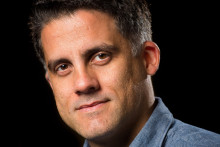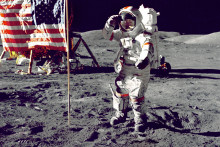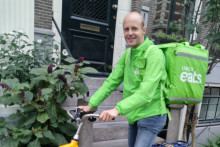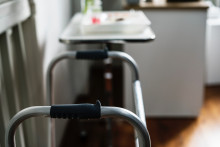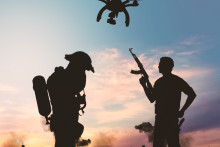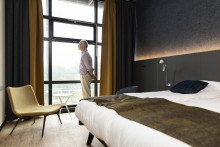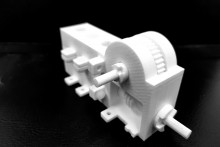- EN
- NL
 Science
Science
22 million for 4TU collaboration
Research with a social impact
Conducting research together to resolve social issues. That is the challenge that the 4TU federation posed to the four participating technical universities, along with a research budget of €22 million. UT professors Tatiana Filatova, Herman van der Kooij and Michel Versluis are at the head of three of the five 4TU studies.
- EN
- NL
 Science
Science
22 miljoen voor samenwerking 4TU
Onderzoek met maatschappelijke impact
Samen onderzoek doen om maatschappelijke problemen op te lossen. Dat is de uitdaging die de 4TU-federatie heeft neergelegd bij de vier technische universiteiten, met een pot onderzoeksgeld van 22 miljoen. UT-hoogleraren Tatiana Filatova, Herman van der Kooij en Michel Versluis staan aan het hoofd van drie van de vijf 4TU-onderzoeken.
